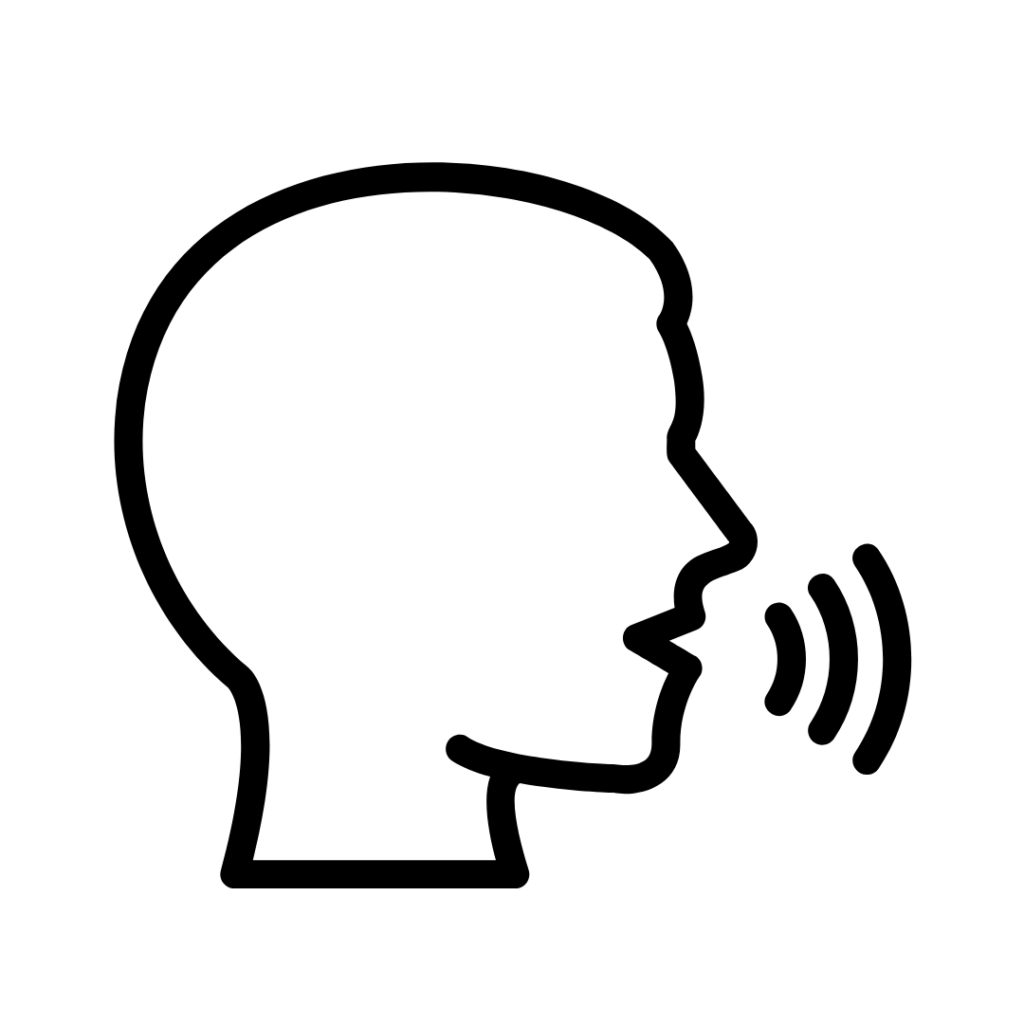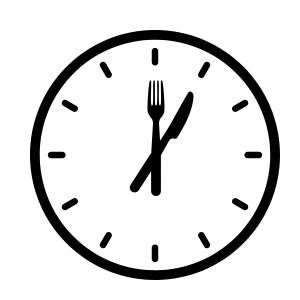13 Surprising Things Americans Do Wrong in France
Most Americans don’t realize just how differently small behaviors are perceived in France. Here are some practical tips to help you overcome these cultural nuances and make a great impression.
1. Speak Softly

If you’re used to lively conversations in public places, know that speaking loudly can stand out in France. French people generally speak at a lower volume, especially in public spaces. Keeping your voice down, especially in restaurants, museums, and on public transport, will make you blend in better.
2. Use Polite Greetings

In France, it’s considered rude to start any interaction without a polite greeting. Say “Bonjour” (hello) when entering shops, restaurants, or cafes, and “Au revoir” (goodbye) when you leave. It’s a basic cultural courtesy, and skipping it can come across as impolite.
3. Dress Appropriately

If you’re used to wearing shorts, flip-flops, or baseball caps around town, note that in France, people dress more formally, especially in cities like Paris. Wearing simple, neat attire will help you blend in better and avoid standing out as a tourist.
4. Be Patient with Service

In the U.S., quick service is common, but in France, service is often slower and less focused on customer satisfaction. It’s normal to wait for the bill or for service in a café or restaurant. If you need something, politely get the server’s attention with “Excusez-moi” rather than rushing them.
5. Avoid Comparisons

You might be tempted to say “This isn’t like the U.S.” when something surprises you. Try to avoid these comparisons. Many French people take pride in their culture, and such remarks may come across as disrespectful or even annoying.
6. Limit Talking about Money

In the U.S., discussing income or spending habits is often casual. In France, these topics are generally private. Bringing up money can come across as boastful or even vulgar, so it’s best to keep financial topics to yourself.
7. Tipping is Different

If you’re used to tipping generously in the U.S., know that tips are usually included in the price (“service compris”) in France. Leaving an additional tip isn’t required, though you can leave 5-10% if you wish. While no-one will complain but leaving more than that will mark you as a tourist.
8. Expect Smaller Portions

In France, portion sizes tend to be smaller than in the U.S. This is cultural, as you’re expected to savor meals without overeating. Enjoy each course slowly, and try not to expect American-style large servings.
9. Beware of Quiet Hours

While quiet hours are common in the U.S., in France, there’s more emphasis on keeping noise down in both private and public settings, especially from 10 p.m. to 7 a.m. Keep voices low in hotel hallways, apartments, and even outdoor spaces during these hours to avoid disturbing others.
10. Wait for a Signal to Sit in Cafés

In the U.S., it’s common to sit wherever you like. In France, it’s polite to wait for a signal from the staff in sit-down cafés. Look for the server or host to guide you to a table, even if the café looks empty.
11. Use Formal Titles with Older People

While many Americans are used to a first-name basis with everyone, keep in mind that French people often use titles, especially with older adults or people they don’t know well. Address older or unfamiliar adults as “Monsieur” (Mr.) or “Madame” (Mrs.) as a sign of courtesy.
12. Understand Public Restroom Norms

In France, many public restrooms require a small fee or may not be readily available. Carry a bit of change for pay toilets, especially in popular areas, and don’t expect restrooms in smaller cafes without making a purchase.
13. Understand Meal Times

American people often have dinner around 6 p.m., whereas the French typically dine later, often starting at 7:30 pm or 8 pm (sometimes closer to 9 pm). Plan accordingly when going to an authentic French restaurant.
